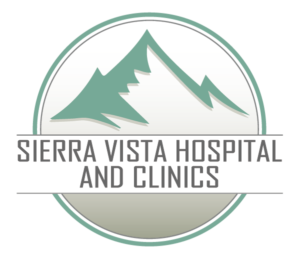Sierra Vista Hospital offers state-of-the-art gallbladder surgery services that prioritize patient well-being and optimal outcomes. Our distinguished team is located right here in your hometown, ensuring that you get a seamless and personalized experience for your surgical needs, including gallbladder procedures. Always committed to utilizing cutting-edge techniques, our surgical experts employ a minimally invasive approach, promoting quicker recovery times and reduced postoperative discomfort.
Our patients benefit from a compassionate and comprehensive care environment, where the focus extends beyond medical expertise to encompass genuine concern for each individual’s journey to restored health. As a beacon of healthcare excellence, we are dedicated to providing the highest quality gallbladder surgery services that prioritize outstanding medical outcomes and the overall well-being of our patients.
